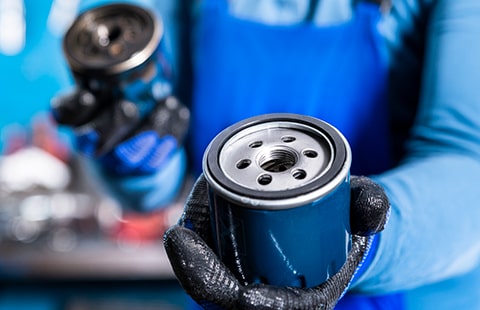Get unique, complex parts easily. No matter your requirements, Chaoyi Spring creates hard-to-produce coil springs and wire forms.
Let us help you create the custom wire form you need, from S-hooks and J-hooks to utility hooks and more.
We work closely with customers across a wide range of industries, helping them design and manufacture made-to-order parts.
Why choose Chaoyi Spring? We prioritize customer-focused collaboration, modern equipment and the latest technology to make your parts per print.
Find the information and guidance you need, from measuring a spring to learning about materials, placing an order and much more.
We rely on our garage doors every day, but rarely do we think about the components that make their smooth operation possible. One of these unsung heroes is the tension


We rely on our garage doors every day, but rarely do we think about the components that make their smooth operation possible. One of these unsung heroes is the tension spring. This article delves into the world of tension springs, exploring their crucial role in garage door mechanisms, the different types available, and essential safety considerations.

Imagine trying to lift your heavy garage door manually each time you need to access your garage. Sounds exhausting, right? That's where tension springs come into play. These tightly wound coils of steel store mechanical energy when the door is lowered. As you lift the door, the springs release this stored energy, counterbalancing the weight of the door and making it significantly easier to open.
Garage doors commonly utilize two main types of tension springs: extension springs and torsion springs. Let's break down their differences:
Extension Springs: As their name suggests, extension springs stretch as the garage door closes, storing energy. They are usually mounted above the horizontal tracks on either side of the door. While simpler in design, extension springs can be more dangerous if they break due to their potential to snap and fling parts with considerable force.
Torsion Springs: These springs work by twisting along a shaft mounted above the garage door opening. Torsion springs are generally considered safer than extension springs because they are less likely to fling parts if they break. They are also more powerful, making them suitable for heavier garage doors.
Tension springs are under immense pressure and can cause serious injury if mishandled. Remember these crucial safety tips:
Professional Handling: Always leave any adjustments, repairs, or replacements of tension springs to qualified garage door technicians. They have the experience, tools, and knowledge to handle these components safely.
Regular Inspection: Regularly inspect your garage door springs for signs of wear and tear, such as rust, cracks, or gaps in the coils. Any abnormalities warrant a call to a professional.
Never Attempt DIY Repairs: It might be tempting to try fixing a broken spring yourself, but resist the urge! The potential for serious injury is significant. Always call a professional.
Safe Distance: When a professional is working on your garage door springs, keep a safe distance to avoid any potential hazards.
Choosing the right tension spring depends on several factors, including the weight and size of your garage door, the type of spring system you have, and the cycle life (number of open/close cycles) you require. A qualified garage door technician can help you determine the best option for your needs.
Tension springs are indispensable components of a well-functioning garage door. Understanding their role, the different types available, and the critical importance of safety can help you maintain your garage door's smooth and safe operation. Remember, when it comes to tension springs, professional expertise is paramount. Always rely on qualified technicians for any adjustments, repairs, or replacements.
Browse some of the custom wire forms and springs that we manufacture. Don’t see what you need? We specialize in made-to-order products that meet your application requirements.
Visit Our GalleryNeed a custom wire form or coil spring? We make it work. Fill out the contact form and a representative will respond within 1 business day. If you have a PDF or CAD file, you can submit to request a quote.